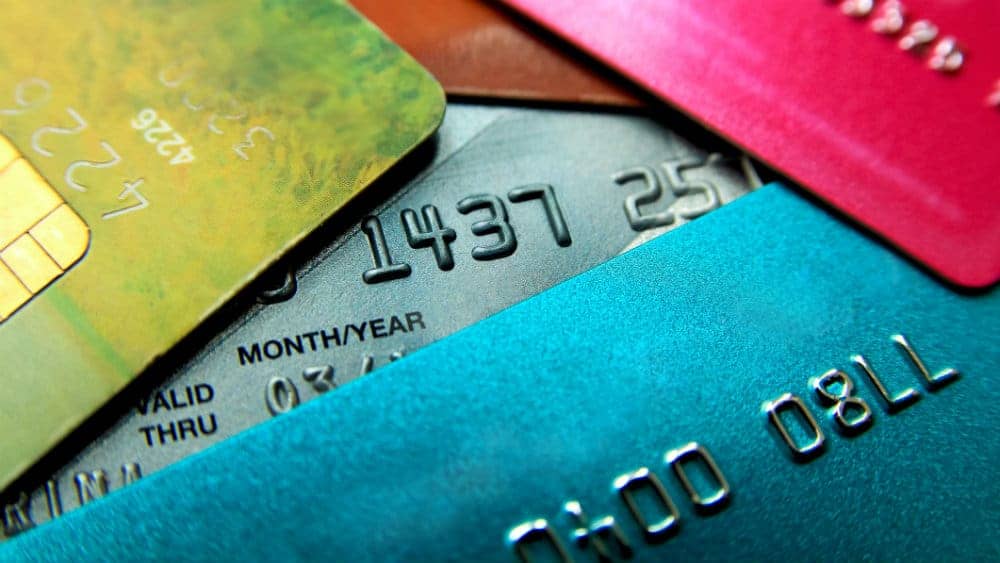The UK could be a completely cashless society by 2026. That’s according to new research from comparison site Merchant Machine. The stats show that cash usage is declining rapidly and could hit 0% in just five years.
Naturally, transitioning to completely cashless transactions could have big implications for all of us. So let’s take a closer look at these interesting findings and try to understand what a cashless society could mean for you.
Could we be cashless in just five years?
The Covid pandemic has accelerated the move away from cash as many retailers opt for cashless payment methods like cards.
According to Merchant Machine’s research, 2020 alone saw a 10% decrease in the number of ATMs available to UK cardholders.
The journey to a cashless society, however, appears to have started even before the pandemic.
Cash usage in transactions in the UK dropped from 50% in 2004 to just 14.6% in 2019. Additionally, the past 10 years have seen the number of cash withdrawals in the UK drop by 22%.
These stats point to one thing: Brits are increasingly going cashless when sending and receiving payments. Contactless payments are among the most popular payment methods in the UK for weekly in-store purchases.
The data suggests that cash could soon be a thing of the past. And as Merchant Machine suggests, the date when cash could be completely extinct may not be that far away.
That being said, it appears that not everyone is ready to go completely cashless just yet.
Are all countries going cashless?
Not all countries are embracing the cashless culture. In Romania, the world’s most physical cash reliant country, nearly half of the population (42%) remains unbanked. Close to 80% of all payments in the country are still made in cash.
Morocco has the world’s most unbanked population with 71% of people not having a bank account.
At the same time, some countries have made even faster progress than the UK in regards to leaving behind physical cash and could be completely cashless sooner. In Norway, for example, only 3% of transactions are made using cash.
What are the pros of a cashless society?
First, cashless transactions are inherently more secure than cash.
Cash can be lost, misplaced and even forged. When this happens, it’s almost impossible to recover funds. On the other hand, most cashless transactions leave behind a trail that can be followed and used to recover funds.
The existence of a trail also means that crimes such as money laundering, tax avoidance and funding of illegal activities such as terrorism become much harder to carry out.
Digital payment methods also offer several levels of security as well as repudiation. Take credit cards for example. If you use a credit card and something goes wrong with your purchase or payment, you can dispute the charge and ask for a refund through legal provisions such as Section 75.
What are the drawbacks of going cashless?
Not everyone in the UK is ecstatic about transitioning into a cashless society. 47% of UK citizens said that they would find it problematic if there was no cash. And 17% stated that they were unsure of their ability to cope in a cashless society. This is completely understandable.
The drawbacks of going cashless include loss of privacy and anonymity. All of your financial transactions will somehow be under surveillance and tracked by banks and other financial institutions.
Cashless transactions are subject to hacking risks. Laws might protect you, but trying to restore your financial affairs after a hacking breach could still be a major inconvenience.
A serious consequence of a move to a cashless society could be an increase in income inequality. A cashless society would mean a loss of access to, or ability to send or receive, money for the unbanked or those without access to digital payment tools.
Technical problems like downtime and outages with digital payment methods might hinder access to your money.
Finally, in a cashless society, institutions including banks and businesses might begin charging fees to carry out transactions.
Final word
Despite the legitimate concerns about a completely cashless society, many financial experts and economists think that it’s only a matter of time before cash becomes extinct.
If that’s the case, the most important thing you can do right now is try to familiarise yourself with this new world of cashless transactions so as not to be left behind. The good news is that there’s still more than enough time to get up to speed.
As a start, consider taking a look at the insightful articles we’ve prepared on topics such as how to use contactless payments and how to get contactless payments on your phone.







